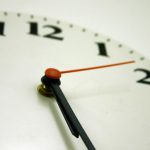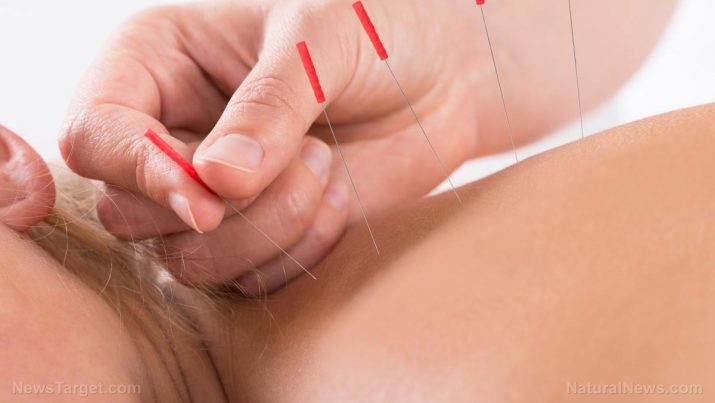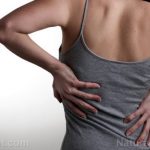
Acupuncture found to relieve depression symptoms at the molecular and behavioral levels
Thursday, March 15, 2018 by Frances Bloomfield
http://www.realsciencenews.com/2018-03-15-acupuncture-found-to-relieve-depression-symptoms-at-the-molecular-and-behavioral-levels.html

As a fundamental element of traditional Chinese medicine, acupuncture has been used to remedy a wide array of ailments for thousands of years. Only recently has it been utilized as a treatment for depression. Its efficacy against this mood disorder has been called into question by a multitude of mental health professionals. This, in turn, has prompted scientists from the Beijing University of Chinese Medicine and Beijing Technology And Business University to investigate its antidepressant effects —of which they discovered went down to the molecular level.
Around 48 rats were used for the study. These rats were then randomly divided into four groups. One group served as the control group and was spared from being subjected to chronic restraint stress (CRS). The three remaining groups who underwent this procedure were placed inside a small, cylindrical wire-net cage for six hours a day over the course of 28 days. Of the groups that were restrained, two were either administered the antidepressant fluoxetine or acupuncture one hour before being locked up. The last group (the model group) was given neither treatment.
On the 29th day of the experiment, the rats were euthanized in order for the researchers to extricate and dissect their pituitary glands. The collected tissues were then put through ribonucleic acid (RNA) extraction and RNA-sequencing analysis.
The rats from the model group exhibited increased signs of anhedonia, or the inability to feel pleasure. Conversely, the fluoxetine and acupuncture groups showed little symptoms of this condition, which the researchers states was indicative of an antidepressant effect. Comparing the genes showed great differences between the two rat groups, however. Namely, when contrasted against the model group, the number of suppressed differentially expressed (DE) genes in the acupuncture group was similar to that of the control group. Both groups shared 37 common genes, 12 of which were notable for their connection to depression.
Kyoto Encyclopedia of Genes and Genomes (KEGG) pathway enrichment analysis and Gene Ontology (GO) term enrichment analysis yielded even more surprising results. Both tests showed that the number of expressed and suppressed pituitary gland genes were more alike between the control and acupuncture groups than the control and fluoxetine groups. Additionally, through these analytical techniques, the researchers were able to bolster the belief that depression is closely linked to inflammation and neuroendocrinological processes. (Related: Acupuncture proven just as good as counseling for treating depression.)
Furthermore, acupuncture was also shown to have an effect on the rats’ behavior that was similar to fluoxetine. Another part of the experiment involved a sucrose solution during numerous points of the 28-day trial. All the rats consumed equal amounts of sucrose solution before experimentation began. As the study progressed, the model group rats consumed less sucrose solution than the rats from the acupuncture and fluoxetine groups.
Following the examination of their results, the researchers came to the conclusion that acupuncture has an antidepressant effect that impacts inflammatory and neuroendocrinological processes on a molecular level. They further noted that acupuncture can reverse the effects of depression on behavior as well. Finally, the researchers added that their findings supported the notion that treating depression would necessitate numerous remedies in lieu of just one.
Fast facts about depression
- According to MentalHealthAmerica.net, as many as 16 million American adults each year are affected by depression.
- Anybody can experience depression, regardless of their age, race, gender, ethnicity, and health status.
- The symptoms of clinical depression include a persistent feeling of anxiety or sadness, fatigue, restlessness, difficulty concentrating or making decisions, and thoughts of death or suicide.
- There are various types of depression, ranging from major depressive disorder (in which the associated symptoms occur everyday for a minimum of two weeks), to post-partum depression (a depression that begins after childbirth), to seasonal affective disorder (a mood disorder linked to the changing sunlight levels during winter and fall months).
Visit ChineseMedicine.news for more stories on the benefits of acupuncture and other components of traditional Chinese medicine.
Sources include:
Tagged Under: Tags: acupuncture, alternative medicine, Chinese medicine, depression, goodhealth, goodmedicine, mental health, natural medicine, TCM, traditional Chinese medicine





